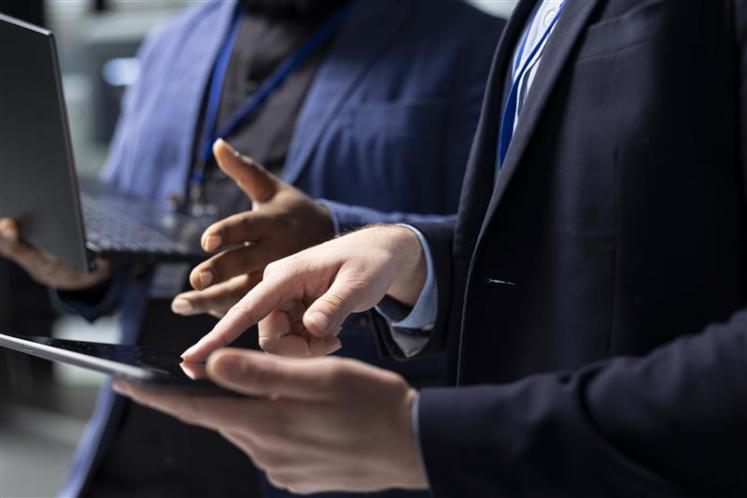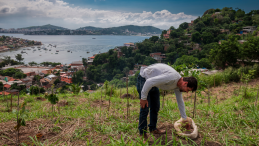The World Bank’s Mobile Government (mGov) Working Group convened its latest session on 13 November 2025, bringing together government representatives, digital leaders, and technical experts from across its member network. Co-chaired by Austria and Brazil, the meeting focused on Mobile Government Innovations for Service Delivery, highlighting how mobile-first platforms are transforming the way governments interact with citizens and businesses.
The session supports the Working Group’s commitment to strengthening global cooperation, peer learning, and alignment with the Sustainable Development Goal of leaving no one behind and the principles of the Global Digital Compact.
João Ricardo Vasconcelos, from World Bank, opened with the 2025–2026 Work Plan, outlining priorities including community building, digital expertise, and the creation of global public goods such as case studies and policy guidance.
Following presentations on the approaches to mobile government solutions from Belgium, Moldova and Mozambique during the working groups July meeting, Ana Paula Graça, from ARTE (Portugal) presented "Gov.pt", Portugal’s national app and upcoming wallet for public services, illustrating how integrated mobile pathways enhance service accessibility and reduce administrative friction.
In his intervention, Morten Meyerhoff Nielsen (UNU EGOV) drew on developments in East Africa, Europe and the Middle East in particular when outlining a number of global trends and approaches. He concluded by drawing three key conclusions. First, digital wallets should be seen as platforms for innovation, not an archive of digital copies of documents. Second, join-governmental and cross-border governance and interoperability are essential for long-term success. Third, inclusion, usability, and offline capability must be prioritized to avoid deepening digital divides.
About the mGov Working Group
The Mobile Government Working Group aims to accelerate the adoption of mobile-first public service delivery by fostering peer learning, collaboration, and the co-creation of global public goods. Its work focuses on cultivating a strong international community of practice, deepening technical expertise in mobile government, and advancing inclusive, user-centric design principles that align with the Sustainable Development Goals.
The group also supports cross-country cooperation on mobile government solutions, including service delivery platforms, digital identities, and trust services such as electronic signatures and digital wallets. Additionally, it develops practical global public goods, including guidance notes, case studies, and shared recommendations, to support countries in strengthening their digital transformation efforts.
Through these activities, the Working Group seeks to ensure that mobile government initiatives make meaningful contributions to the SDGs and remain closely aligned with the emerging principles of the Global Digital Compact.
UNU is a member of the working group and is represented by Morten Meyerhoff Nielsen of UNU-EGOV.



